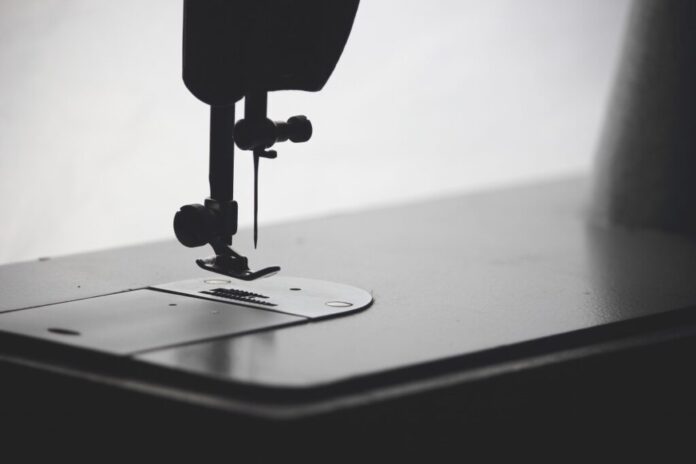
It is difficult as an upcoming brand to decide on your clothing manufacturer, however, one of the first decisions is to confirm whether you want a local or offshore manufacturer. Previously, this would’ve been an easier decision. The British clothing manufacturing industry bloomed meaning local was a more preferred choice. However, with the decline in British manufacturers and the increase of offshore alternatives the decision is somewhat less clear.
It is key to understand the differences between local and offshore clothing manufacturing. Most brands determine their choice on tangible factors (cost, minimum order quantity (MOQ), location, skill) or intangible factors (trust, communication, level of experience manufacturing).
It is common for upcoming brands to want to stay local for many reasons. A valuable reason to stay local is the ability to visit the maker, this means production can be clearly discussed in person. For an upcoming brand this is an opportunity to understand the processes involved in manufacturing and seeing the product develop for themselves.
Local clothing manufacturers can sound appealing to many yet depending on the product there might not be a specialised manufacturer for your brand. In addition to needing specialised manufacturers, offshore manufacturing could ensure the price is lower than local manufacturing.
Another factor to consider is whether the maker will produce your product. Clothing manufacturers in the U.K. and especially London are able to complete samples, however, they may not be able to complete production too. This would mean you would need to find another manufacturer which feels like an unnecessary stress to many.
At pattern cutter they provide both pattern making, toiling, sampling, grading and clothing manufacturing services all under one roof. If you are going to make garments in the U.K. it is best to find a manufacturer like A Pattern Cutter & Grader Limited who can complete everything for you on the design and. Manufacturing process from start to finish.
There are positives and negatives to both local and offshore manufacturing. This is a vital decision to your brands development and should be well considered. To make this decision somewhat easier, there is a list of pros and cons for local and offshore below.
Local manufacturing:
Some positives of local manufacturing include the ability to employ a unique selling point, for example, this means your brand can sell and use phrases such as “made in …”. In addition to this local manufacturing offers a more flexible deal and there is greater ability to control production costs. Although costs will be higher than offshore clothing manufacturing, there is more control. Local also means that you can visit throughout production, this gives you the opportunity to check quality of production. Visiting the factory also means that you can communicate clearly to each other. Finally, the delivery costs will be reduced due to being a smaller distance.
However, there are negatives to local manufacturing. Some negatives include an increased cost due to minimum wage rates, lack of certain machinery, behind in digitalisation pattern cutting and grading systems, and less skilled workers available who are trained in pattern cutting or grading.
Offshore manufacturing:
There are also positives to offshore manufacturing including more cost-effective production. Offshore manufacturers also tend to have larger volume of machinery and the latest versions this is a key positive for specialised products such as handbags. In addition, there is access to a number of more skilled labour, this means it is more likely to be able to have your product produced by someone specialised.
Again, when there are positives there are negatives. Offshore manufacturers tend to have high production minimums which means the costs are higher however you will receive more product. Again, due to distance, the risk of damage is higher due to delivery and the lack of ability to do quality checks. Offshore manufacturers mean there needs to be consideration for cultural differences and communication issues.
There is clearly an excess of points to consider when deciding, however, there is no ‘correct’
The answer is all dependant on your brand.





